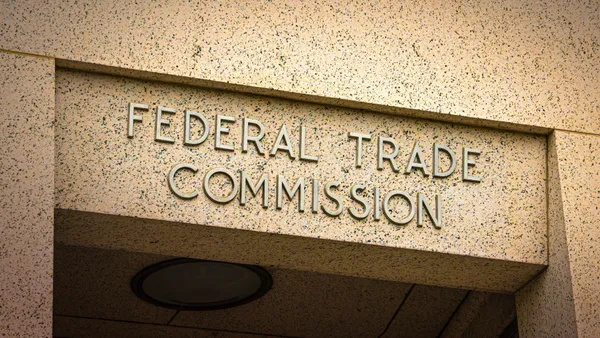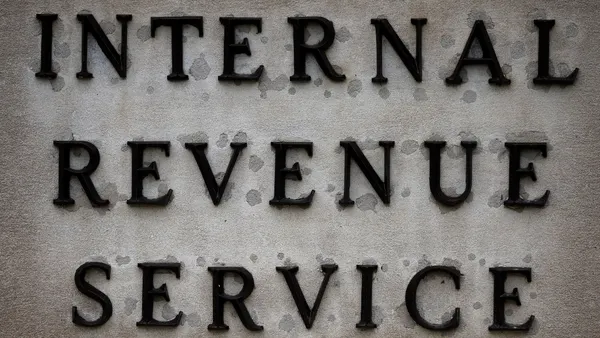Changes the Securities and Exchange Commission made last year to director proxy votes could usher in a more competitive, and maybe more divisive, campaign environment, as activists try to sway company strategy on environmental and other hot-button issues. That makes it crucial general counsel help the C-suite develop a strategic path that can support consensus, Pamela Marcogliese of Freshfields told Legal Dive.
The SEC’s adoption of universal proxy cards allows shareholders to vote for competing director candidates on a single card, just as they could in an in-person election. The change is intended in part to make elections simpler and less expensive by letting competing interests get their candidates elected without forcing shareholders to choose between competing slates.
“The jury is still out, but people generally think it’s going to be more accessible to activists who are not funded like the big-time activists,” Marcogliese said.
That could open the door to smaller groups that want to see a company take a strong stand on environmental, social and governance (ESG) issues, but it could also open the door to the growing anti-ESG movement, potentially turning director votes into a battle over company direction.

“Because of the confluence of the ESG movement and the anti-ESG movement, with neither one looking like it’s going to let up, it’s more important than ever that general counsel step in and say, ‘We need to think hard about how ESG ties to our strategy,’” she said.
This isn’t about being good about recycling or using LED lights, she said; it’s about how your business is going to move forward if climate change starts to reshape coastlines or leads to more flooding or other changes that can affect a company’s strategic direction.
If you don’t have a firm stand on issues like that, you risk turning your proxy vote into a divisive contest that disrupts the company’s strategic effort just as it's trying to navigate what is expected to be an economically difficult 2023, she said.
“An activist can show up and say, ‘I think you should sell the company,’” she said.
If the company has a clear plan, though, the vote can go more smoothly because competing interests have a better chance of settling on consensus candidates.
“For your message to resonate with both constituencies, you want to have a message that ties your strategy to the bottom line, that both sides can appreciate,” she said. “Articulating what each director’s contribution is going to be is very important. It’s essentially a defensive mechanism against any criticisms by the other side.”
Under the new proxy vote structure, an investor can mix and match candidates — taking three offered up by activists, for example, and seven of the 10 that are put up by the company. The investor doesn’t have to go either all-in for the company’s 10 or the 10 that the activists want.
Even though it’s the CEO who works with the board to chart the company’s strategic direction and the CFO who devises how the company measures its ESG performance, it’s the general counsel who is best positioned to articulate how ESG values link to company strategy, Marcogliese said.
“The GC can be informed on all of these macro trends, like ESG and anti-ESG and the SEC’s proposed climate change rule,” she said. “They know where the pressure points are. They can take all that and inform the management team and say, ‘These are the kinds of things we need to think about,’ and then they take that and make sure the company’s disclosing it.”
Marcogliese described the GC role as a quarterback that filters the noise that’s happening on the field and distills it into the right move under the circumstances.
“If the GC is doing their role well, they are adding value to the business because they can help identify opportunities but also avoid pitfalls, and there are a lot of pitfalls out there,” she said. “Protecting the company in advance, before something becomes a problem, is so valuable.”














